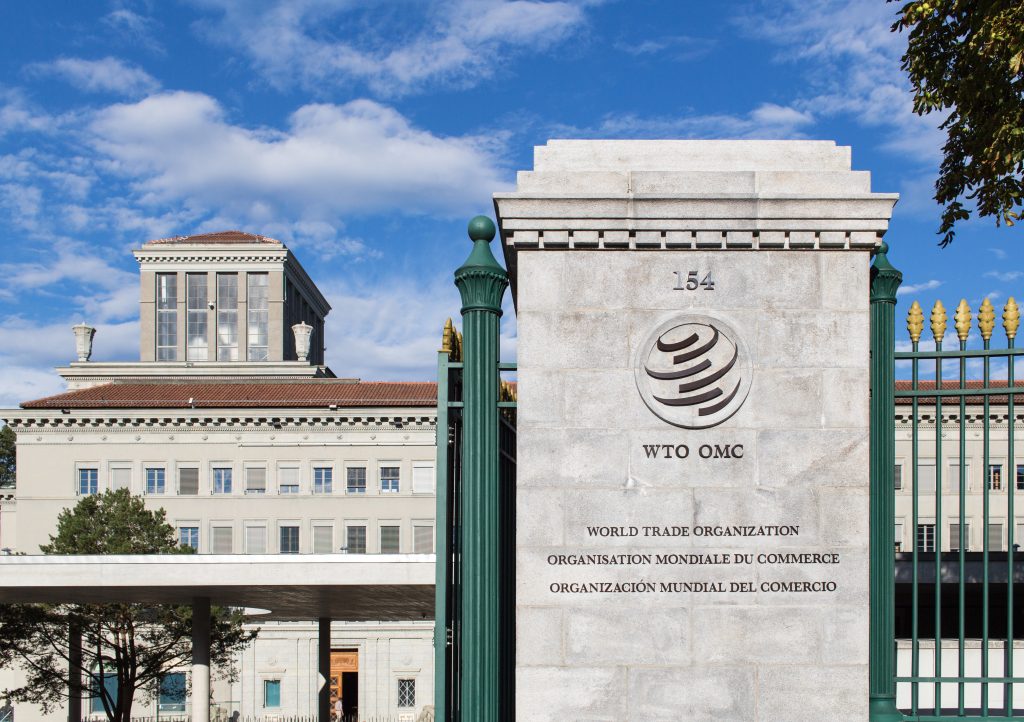Saudi Arabia has been lauded for its role as the chair of the World Trade Organization’s Dispute Settlement Body (DSB), a testament to its global prestige, economic clout, and the trust bestowed upon it by the international community. In a recent interview with Al-Ekhbariya TV, Saqer Abdullah Al-Moqbel, Saudi Arabia’s permanent representative to the WTO, highlighted the nation’s proactive efforts in advocating for critical reforms within the WTO.
Al-Moqbel, who took on the role of DSB chair for the 2024-2025 term, underscored the unique nature of the WTO’s dispute settlement mechanism, which allows member states to seek resolution without the need for consent from the other involved government. This exception in arbitration and international adjudication underscores its importance and value compared to any other dispute settlement mechanism,
he explained.
He also pointed out that the WTO promotes comprehensive dispute settlement processes and encourages members to engage in active discussion and mediation. When diplomatic efforts fall short, parties have the right to present their grievances to the DSB, initiating the formal legal process.
Al-Moqbel emphasized the WTO’s function as a governing entity with established international trade regulations binding all member states equally. The organization’s commitment to resolving trade disputes is central to its operations, as reflected on its official website. Since its inception in 1995, the WTO has seen 622 cases brought before it, resulting in over 350 resolutions.
The DSB wields the power to initiate dispute resolutions, refer cases to arbitration, endorse panel and appellate body reports, oversee the enforcement of recommendations, and, if necessary, authorize the suspension of trade concessions in instances of non-compliance.
With its headquarters in Geneva, the WTO remains the largest international economic organization, with a mission to oversee and streamline global trade among its 164 member states, which encompasses over 98 percent of the world’s trade volume and gross domestic product.
